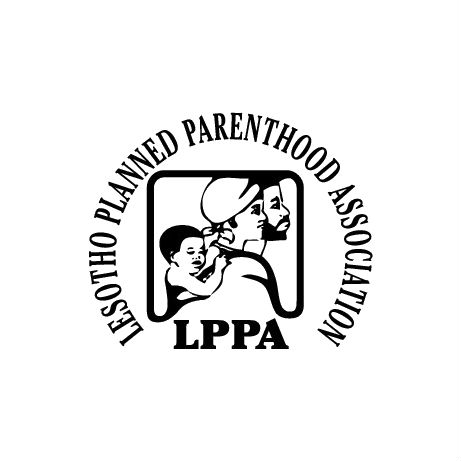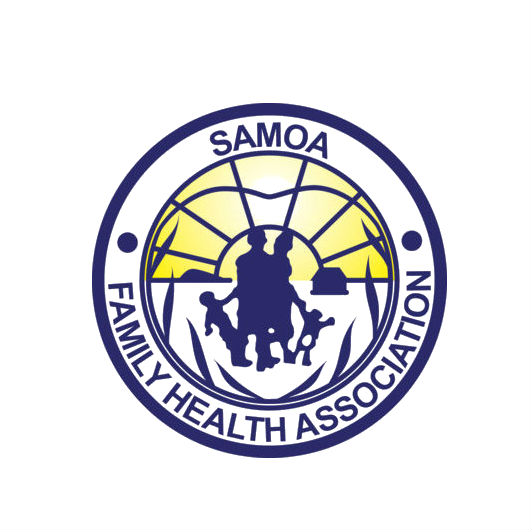

| 31 March 2016
Lesotho Planned Parenthood Association
One of IPPF’s central beliefs is that processes and approaches need to be adapted to meet the specific needs of a country. In Lesotho, a country with one of the highest HIV prevalence rates in the world, LPPA is very active in finding new ways to address neglected needs. LPPA provides a comprehensive range of sexual and reproductive health including: family planning, the management of sexually transmitted infections (STIs), screening for cancers of the reproductive system, the distribution of contraceptives and emergency contraceptives, pregnancy testing, post-abortion care, voluntary counselling and testing (VCT) and the management of infections. Clients are referred to other centres for CD4 tests and ARV treatment. LPPA reaches out to the communities it serves through 47 service points: 10 permanent clinics, 9 private providers, 30 associated agencies, 90 peer educators and 14 community-based distributors (CBDs). There are 54 permanent staff who are supported by over 200 volunteers. An estimated 75% of LPPA's clients are poor, marginalized, socially excluded and/or under-served. Target groups include cattle herders, prisoners, rural populations, factory workers, university students, police trainees and people living with HIV and AIDS. LPPA targets out-of-school children, and disseminates SRH information through drama, puppetry, sports for life, and facilitated discussions. Other education programmes include health talks, workshops, performances and radio and TV shows. In advocacy, LPPA reaches out to teachers, religious leaders and government leaders to promote favourable approaches to, and legislation on, SRH. LPPA has influential partnerships with government health and population departments, and it partners with major non-governmental organizations (NGOs). Donors include Irish Aid, UNDP, the Japan Trust Fund, and IPPF’s Korea Africa Fund. The Member Association has strong linkages with other organizations across the country, particularly in relation to HIV and AIDS.

| 31 March 2016
Samoa Family Health Association
As the leading sexual and reproductive health rights (SRHR) service provider in Samoa, the Samoa Family Health Association (SFHA) delivers family planning and reproductive health services through three static clinics (two in Upolu and one in Savaii), and two mobile units (one in both islands) which visit rural areas and other outer islands three times a week to provide educational and contraceptive services to vulnerable communities. The association as the leading and champion of SRHR within the country has been very active for the past years also acting as an advisor on SRHR to the Government of Samoa. Our main strategic focus are to Champion Rights, to Empower Communities, to Serve the People, and to Unite and Perform. Primary objectives: to galvanize and secure legislative policy and practice improvements; to encourage young people to access CSE education and information; to deliver rights based SRH services including for family planning; to enhance operational effectiveness and grow our volunteer and activist supporter base. We work closely with other NGOs and private sector in the provision of services, creating an enabling environment for the association to provide SRHR services both awareness and clinically to workplaces. SFHA is a major stakeholder of the Health Sector, and we work in close partnerships with other government ministries like the Ministry of Health, Ministry of Education, Sports & Culture, Ministry of Police, Ministry of Natural resources & Environment, National Human Rights Institute (Office of the Ombudsman), and others in the provision of services both awareness and clinically to the community at large. We also collaborate closely with the Disaster Management Office in the provision of SRH and FP humanitarian services throughout the country, particularly for vulnerable communities.







